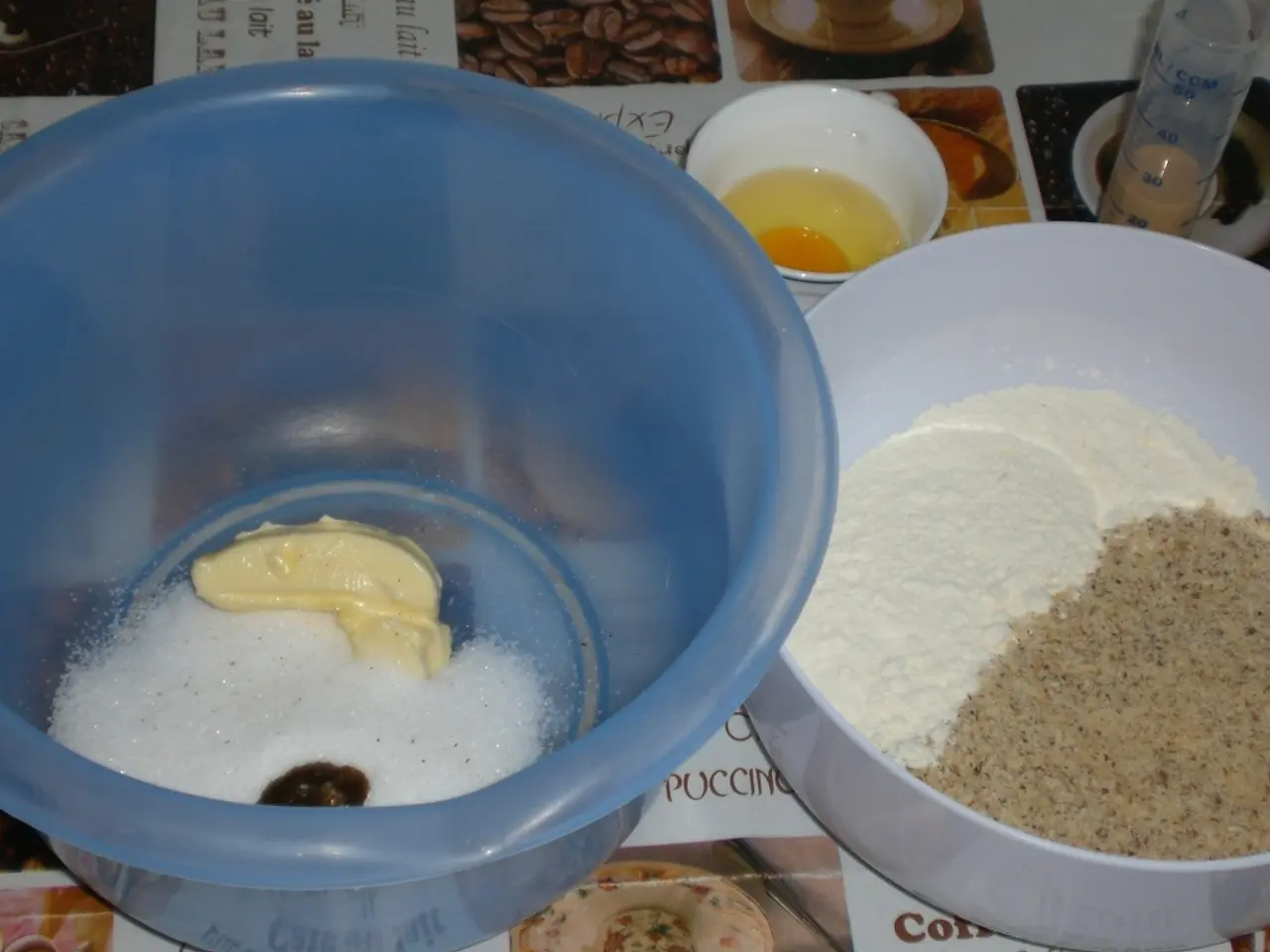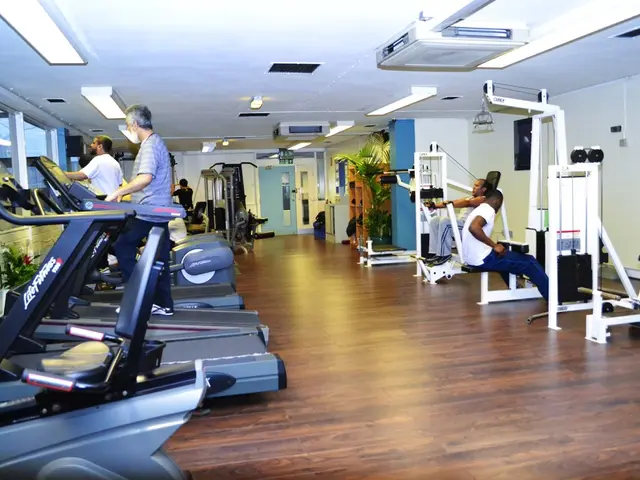Probiotics Aiding Constipation: Identifying the Ones Promoting Digestion
Probiotics, live organisms found in the digestive tract and certain fermented foods like yogurt, have been suggested as a potential aid for constipation relief. However, it's important to note that while there is some evidence supporting this claim, more research is needed to draw definitive conclusions.
Supported Probiotic Strains
The most effective probiotic strains for constipation relief are primarily from the Lactobacillus and Bifidobacterium genera. Notably, strains such as Lactobacillus acidophilus, Lactobacillus plantarum, Lactobacillus casei, Lactobacillus rhamnosus GG, and Bifidobacterium infantis, Bifidobacterium longum, Bifidobacterium lactis, Bifidobacterium bifidum have been closely linked to improving stool frequency, consistency, and reducing symptoms in functional constipation and irritable bowel syndrome (IBS) with constipation.
Timing and Dosage
Probiotics usually require several days to a few weeks of consistent use before effects on bowel movements are noticeable. Mild improvements in stool consistency or frequency often appear within 1 to 2 weeks, with continued benefits upon ongoing use. However, the exact timing can vary depending on individual gut health and the probiotic formulation.
It's worth noting that probiotics are not similar to medications that have a set period of time in which they start working. The length of time they take to work can depend on factors such as the probiotic species, dosage, cause of the constipation, and how quickly the probiotics move through the digestive tract.
Safety and Side Effects
Probiotic supplements may be safe for people with no other existing health conditions. However, for sensitive populations, consulting a healthcare professional is recommended.
While probiotics are generally considered safe, they can cause minor side effects such as gas, which typically go away when a person reduces the amount they consume or stops taking them. There is also some concern that probiotics could potentially cause or worsen small intestinal bacterial overgrowth (SIBO) or make preexisting SIBO worse.
Other Considerations
Constipation can have many causes, including dehydration, low fiber intake, low physical activity, frequent traveling, certain medications and supplements, ignoring the urge to have a bowel movement, low motility, chronic conditions, functional digestive disorders, inflammatory conditions, bowel obstruction, and more.
If home treatments do not work or constipation keeps coming back, a person should speak with a doctor. Recurring constipation can be a symptom of an underlying condition that requires treatment.
Other treatments for constipation at home can include drinking enough water, increasing fiber intake, getting regular physical activity, taking an over-the-counter laxative or stool softener with a doctor's approval, stopping certain supplements and medications that contribute to constipation with a doctor's approval, and training the body to have a bowel movement at the same time every day.
Ongoing Research
A review found that there is not enough evidence to decide whether probiotics can effectively treat chronic constipation in children. Additionally, more research is needed to fully understand the risks and safety of probiotics, especially for people with compromised immune systems or serious illnesses, as probiotics could potentially cause infections in those without the ability to protect against this.
In conclusion, while Lactobacillus and Bifidobacterium strains show promise for constipation relief, it's important to approach their use with caution and consult a healthcare professional before adding them to your routine. Probiotics can be a useful addition to a holistic approach to constipation management, but they should not replace other proven treatments or lifestyle changes.








